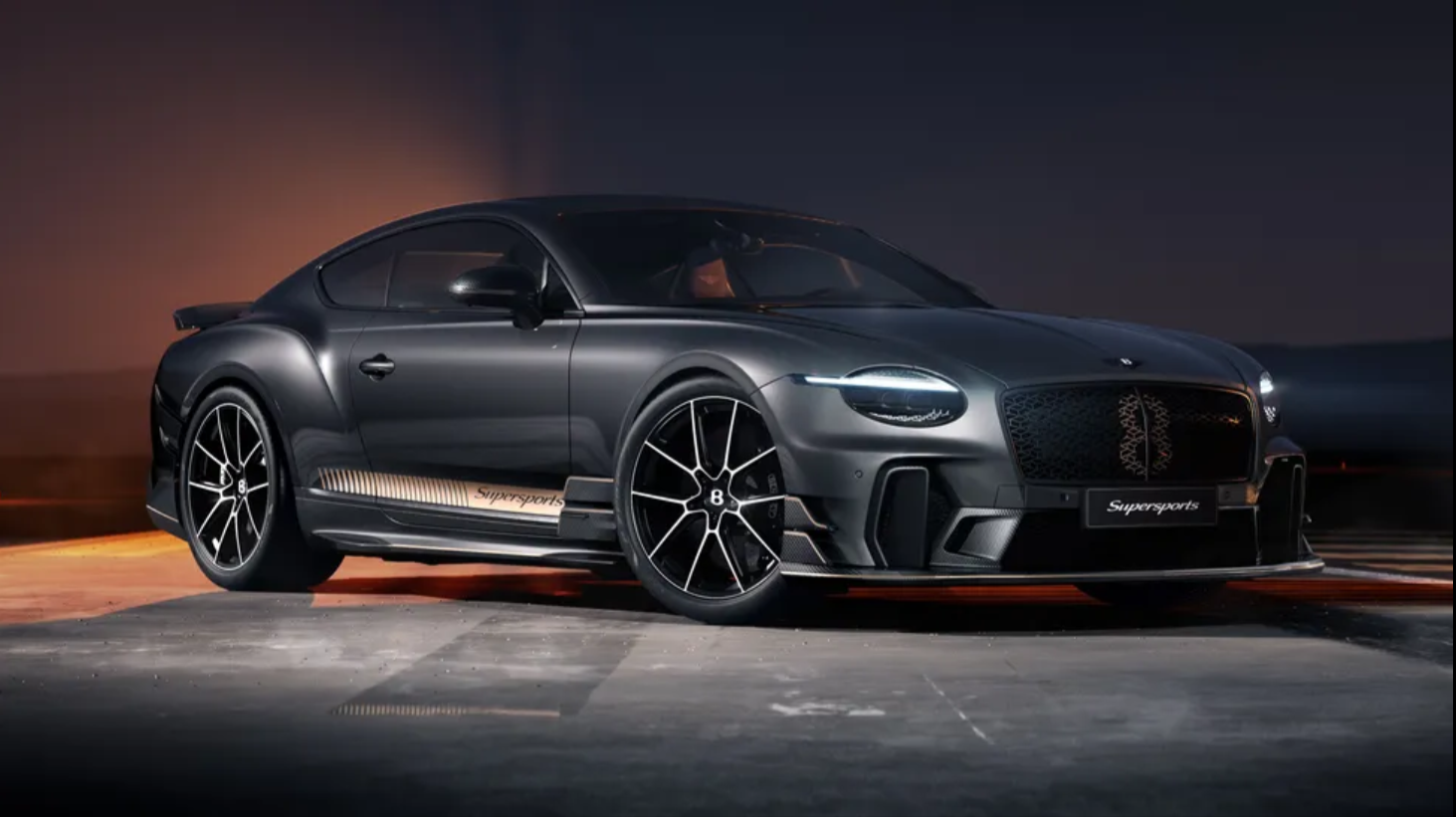The UK Government is reviving its plan to ban the sale of pure petrol and diesel cars by 2030, rolling back the delay to 2035 introduced by former Prime Minister Rishi Sunak. According to the Department for Transport, while no official move has been made yet, Labour intends to enforce the 2030 deadline, with hybrid vehicles granted a stay of execution until 2035.
“We’ve always aimed to restore the original 2030 phase-out date for the sale of new pure internal combustion engine (ICE) vehicles,” a spokesperson confirmed. “That includes a provision for hybrid sales between 2030 and 2035. We know it’s vital to provide certainty for drivers and manufacturers, and further details will follow.”
This decision re-aligns the UK’s roadmap with Boris Johnson’s original 2020 vision, which set the wheels in motion for a pure ICE ban while allowing hybrids to remain until 2035. Meanwhile, countries across Europe like France, Italy, and Spain are sticking with the 2035 deadline for both ICE models and hybrids, taking a slightly more lenient approach.
For carmakers, the reinstatement of the 2030 ban will spark mixed reactions. Toyota, which was cautiously optimistic about the Tory government's 2035 extension, acknowledged that “low-emission and affordable technologies play a role in a pragmatic vehicle transition.” Toyota’s electric journey has been slow off the mark, with just the bZ4X SUV and variants of the Proace van currently holding down the fort in its EV lineup. However, the brand has leaned heavily into hybrid tech in recent years, seeing it as a more gradual approach to cutting emissions.
Ford, on the other hand, wasn’t thrilled about the deadline extension to 2035. UK Chair Lisa Brankin voiced her concerns, saying: “Our business needs ambition, commitment, and consistency from the UK government... relaxing the 2030 ban undermines all three.” Ford has been aggressive in its shift towards electric vehicles, investing €20.5 billion into transforming its Cologne plant into an EV-only production site and partnering with Volkswagen to develop models like the electric Capri on shared platforms.
As the 2030 ban looms once again, it’s clear that some manufacturers are ready to meet the deadline head-on, while others are still navigating the hybrid path—unsure whether they’ll arrive in time for the full-electric revolution.






.jpg)


.jpeg)

.jpeg)
.jpeg)

